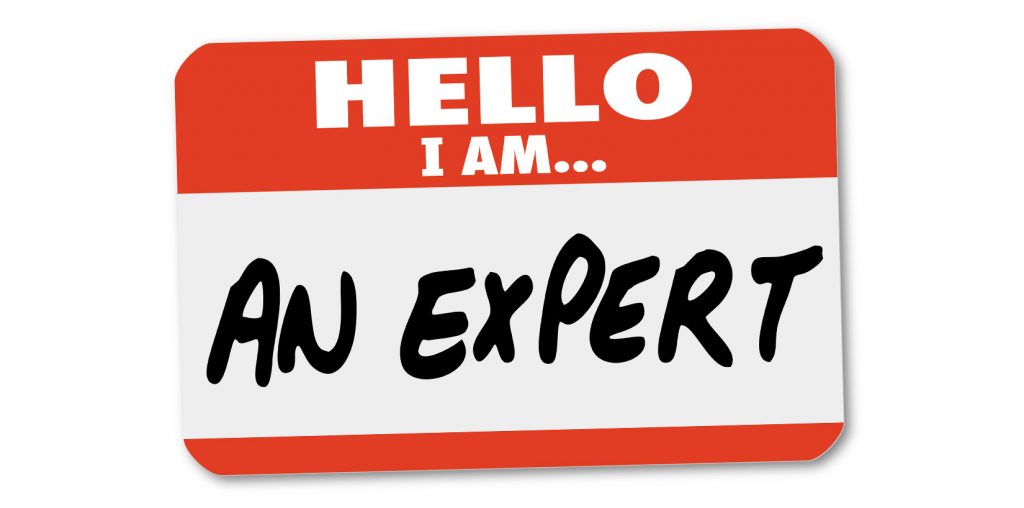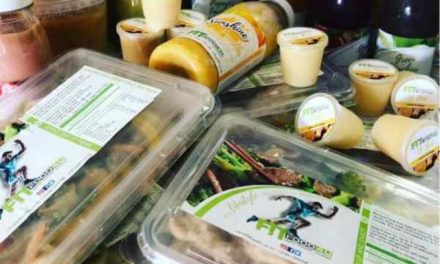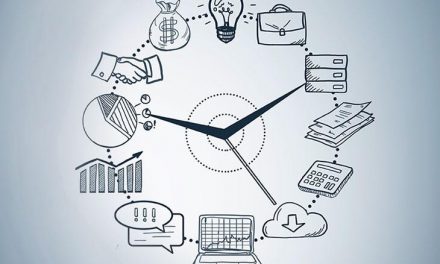If you’ve been following our articles for a while you will remember an article in which we discussed how to go from beginner to experienced in 12 months. For many people that is enough with most subjects, they approach but sometimes you want to go a bit further than being conversant or experienced; you want to become an expert. As you can imagine there is a big difference between being experienced and being an expert. It should go without saying that the expert needs to do all the things the experienced person does but must add the things we are about to discuss.
Trial with feedback
The first thing that makes an expert is trial with feedback. What does this mean? Anybody can talk about a subject but it is only those who have been tested with consequences of success or failure that make a difference. So you can talk to anyone about your health but when you want results you will talk to a person who has been tested over years with consequences like a doctor. So testing is a big part of being an expert but this is not limited to academic testing and we will find out why shortly. The thing to grasp here is that experience is very important in expertise but experience shouldn’t be looked at in terms of years or time but rather iterations. The number of times someone has successfully done something where failure was a possibility is more important than how long they’ve been doing something. Malcolm Gladwell’s 10000-hour rule isn’t wrong, it’s just that we hardly work all the time we are at work. 10000 at work doesn’t equal 10000 of work.
Valid environment
The reason feedback matters so much is because experts need to practise in a valid environment. We can practise all we want but if the environment we practice in doesn’t match what we will face the practice counts for precious little. You can take a cue from athletes who will combine forms of practice like cardio and strength training with game or match simulation to hone their skills in real-life environments. When I shared exam tips I spoke about practising under exam conditions as one of the key steps. You can look around as much as you want and you will realise that professions that practice under realistic conditions have an easier time converting to real-world success. We can surely agree more people are capable of becoming expert bricklayers than heart surgeons.
Timely feedback
Having feedback is important but that feedback also needs to be timely. If you operated in a field where the feedback took a few years to come back you may find it difficult to correct your mistakes or fix areas that need improvement. This is another important part of becoming an expert in anything. One of my favourite things is working with spreadsheets and I recently decided to improve my spreadsheet game. This is something I do a lot of in my work and for personal projects. With the spreadsheets, the goal is to learn how to make it manipulate data in a certain way and it will not let me continue if I don’t get the formula right. Even where the formula is valid if I’m not getting the formatting, display or chart I want, I immediately know and have to get it right. That means not only is there a feedback loop but it’s a very short one, immediate if you like.
Comfortable being uncomfortable
The final element that makes an expert is the ability to be comfortable being uncomfortable. Becoming is expert is really about pushing to greater heights in your field. Using my spreadsheet example I can do things with spreadsheets that many people can’t and honestly for what I’m required to do it has been enough. However, I have found that improving my abilities means I can save time and complete many tasks faster. While this benefit is evident the process has been fairly uncomfortable. Trying new things comes with failure and correction. These feelings are uncomfortable and I have to learn to be comfortable in the discomfort to move forward on my journey.
While some pursuits make it difficult to have these four elements for many you will find it possible. Sometimes it’s quite easy.








